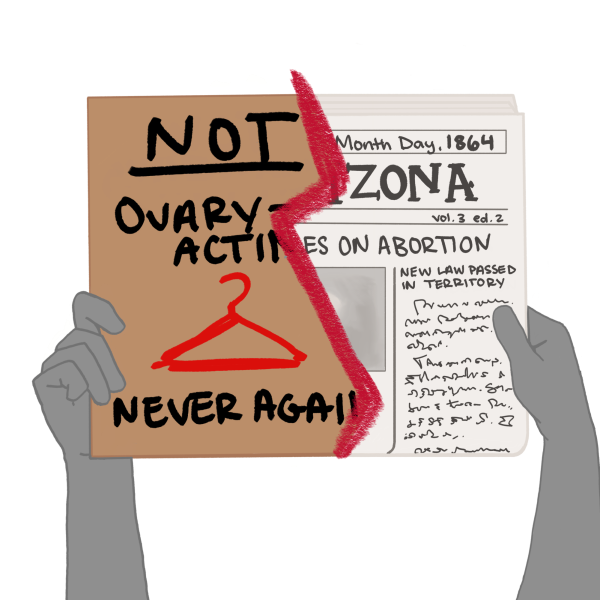Your mental health still matters
Photo by Robyn Castro
January 26, 2021
2020 was a curveball; an outlier that caught everyone by surprise. The year, meant to mark the beginning of a new decade, turned into the year everything came to an abrupt halt as everyone tried to adjust to the new normal.
While the pandemic itself has been emotionally draining for so many people, the restrictions it has imposed on everyday life has further magnified the already growing concern about mental health and wellbeing.
Mental health in itself is very fragile, and the pandemic has further exacerbated it to the point of crisis. It has forced us, as a society, to isolate and limit social interaction. The beginning of the new year, 2021, has done little to change the situation. We find ourselves trying to come to terms with an alternate reality, feeling empty, and we cannot help but feel demotivated and lacking in purpose.
At an unpredictable time like this when it is easy to lose sight of things and give up, focusing on the simple and little things is all the more important. While we often overlook minuscule day-to-day activities, giving yourself credit for simply waking up every day and getting through the day is a good way to balance out feelings of uncertainty and a lack of purpose.
It is natural to feel unproductive and lost; to feel like you are not really getting anywhere and to question your willpower and abilities; however, patting yourself on the back for making your bed every day, or completing a minor task for the day can prove effective. While it may not completely dissipate negative emotional buildup, it is an effective way to remind yourself that you continue to take one step after another through a mentally draining and difficult time.
The same goes for goal setting. Adjusting to the new normal has made it harder to focus on and work towards goals that are substantially big and broad. Creating small, simple, and attainable tasks is a very effective way to tackle this. Start with small tasks – things that you think you can easily complete over a short period of time – and slowly increase the scope of these tasks. This will help to slowly increase daily productivity, and develop a sense of purpose, while not burdening yourself. It will also help break the cycle of demotivation and emptiness.
There is absolutely nothing wrong with working towards substantially smaller tasks while giving yourself credit for trying your best. In fact, taking it one step at a time is a way to ensure you don’t burden yourself.
However, it is also important to understand that not everyone has had or will have the privilege to implement and establish a positive mindset. For someone diagnosed with a mental health condition or someone experiencing severe mental health symptoms, living through long periods of social isolation can be a hard, uphill battle. Learning to focus on and give yourself credit for the little things is a good start, but it is absolutely vital to reach out for any and every kind of help and resource there is available to ensure your mental wellbeing. While we must try to be more understanding towards ourselves, seeking professional help, be it virtually or in person, is just as important, especially during this time.
Balancing mental health and well-being during an ongoing global pandemic is challenging and nerve-racking. At a time like this, it is important to try and be kind to yourself. Your mental health is valid and you matter. Regardless of the situation you are in, you can and will emerge stronger.












